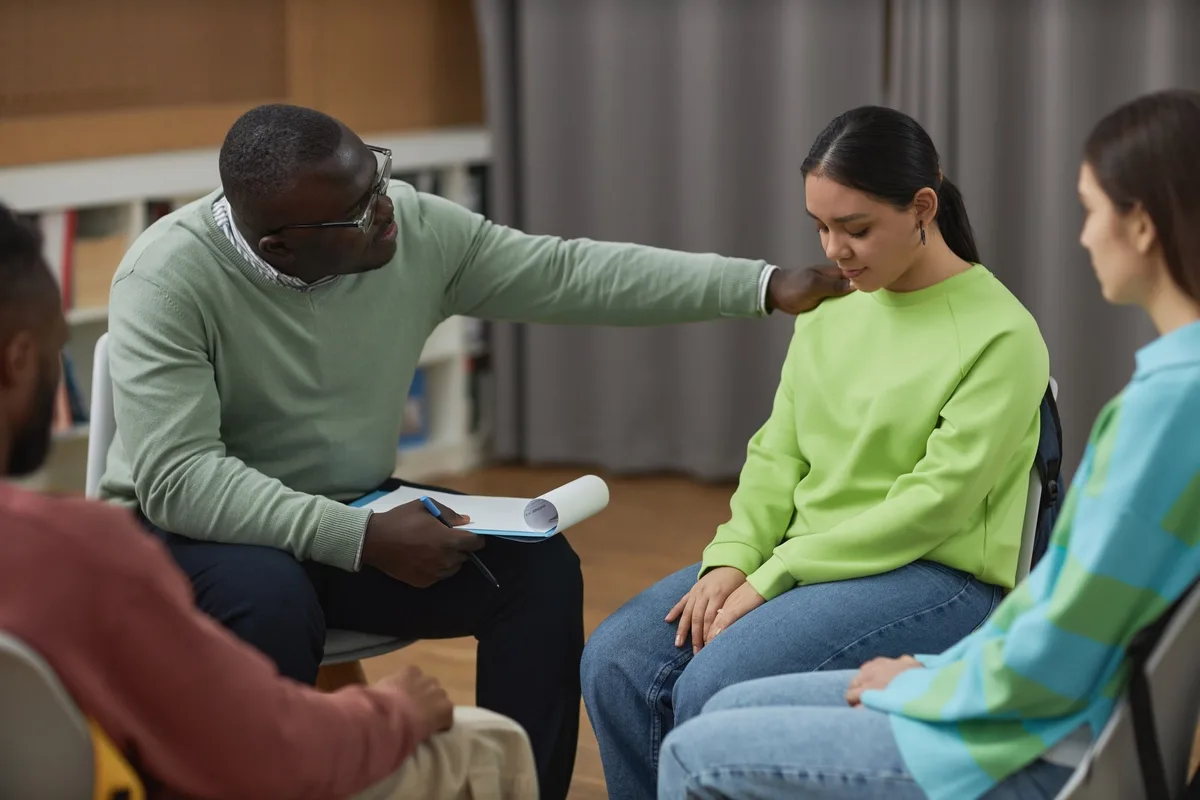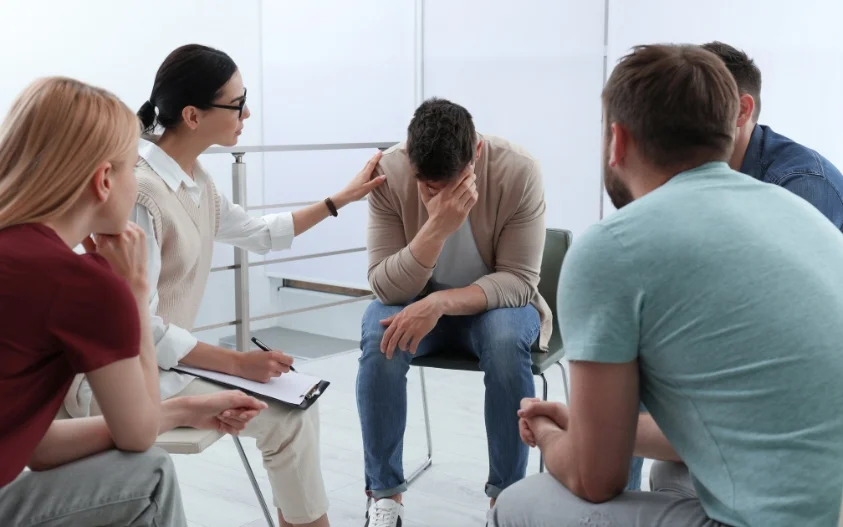24/7 Helpline:
(866) 899-221924/7 Helpline:
(866) 899-2219
Learn more about Cocaine Rehab centers in Blaine County
Cocaine Rehab in Other Counties

Other Insurance Options

Magellan Health

UnitedHealth Group

State Farm

BHS | Behavioral Health Systems

Group Health Incorporated

Private insurance

Optum

EmblemHealth

Health Partners

Choice Care Network

Horizon Healthcare Service

Ceridian

Health Net

MVP Healthcare

Regence

Molina Healthcare

Sutter

WellPoint

Evernorth

Amerigroup

Red Rock Behavioral Health Services
Red Rock Behavioral Health Services is a private rehab located in Watonga, Oklahoma. Red Rock Behavi...






















































YouthCare of Oklahoma
YouthCare of Oklahoma is an outpatient clinic that provides mental health and substance use treatmen...




















